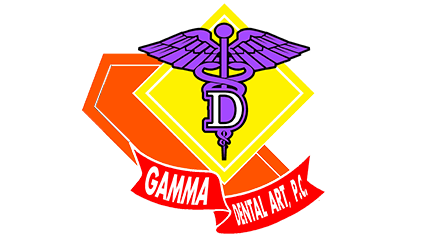TMJ
Temporomandibular joint – disorders (commonly known as TMJ or TMD) afflict millions
of Americans, mostly women. Although some have only one-time bouts with TMJ,
others suffer from many symptoms for years, symptoms that often worsen with time.
As with most disorders, TMJ is best relieved by early diagnosis and prompt treatment.
Appropriate treatment varies with the cause and symptoms of the TMJ, the symptoms,
and how far it has progressed.
The temporomandibular joint lies above and behind the ears on either side of the
head, where the lower jawbone meets the temporal bone of the skull. The joint works
constantly, when you chew and when you swallow, when you open your mouth to speak
or yawn. TMJ disorders can bring:
• Headaches
• Facial Pain
• Tenderness in the Jaw
• Clicking and Grinding Noises in the Jaw
• Difficulty in Opening the Mouth (as if the jaw were locked)
• Uneven or Uncomfortable Bite
• Trouble Chewing Certain Foods
• Aching in or Near the Ear
TMJ usually arises from the grinding or clenching of teeth (called bruxing), especially
during sleep, of which you are likely to be unaware, but your dentist may detect it by
looking at the wear on your teeth. To prevent bruxing, your dentist may recommend
relaxation techniques or fashion a night guard – a shield to be worn in your mouth to
keep your upper and lower teeth from touching.
Another frequent precursor of TMJ is an uneven bite, which can occur if one row of
teeth is higher on one side than on the other. When that happens, the ordinary grinding
of the teeth during chewing stresses your two temporomandibular joints unequally. One
joint overcompensates for the other, just as when you have a pebble in a shoe, you will
probably limp, favoring the foot without the pebble. To fix your bite and prevent TMJ, the
dentist may balance the biting surfaces of your teeth. Replacing missing teeth, fillings or
crowns or may help significantly. In some cases, a bite plate fashioned for your mouth
can help by removing uneven stress on teeth and jaws, thus realigning your upper and
lower jaws.
Although some sufferers from TMJ may need nothing more than ordinary ibuprofen
tablets to minimize pain and inflammation, the most serious cases require surgery to fix
the joint. Regardless, prior to any attempt at treatment, a thorough examination by an
experienced dentist is necessary.
